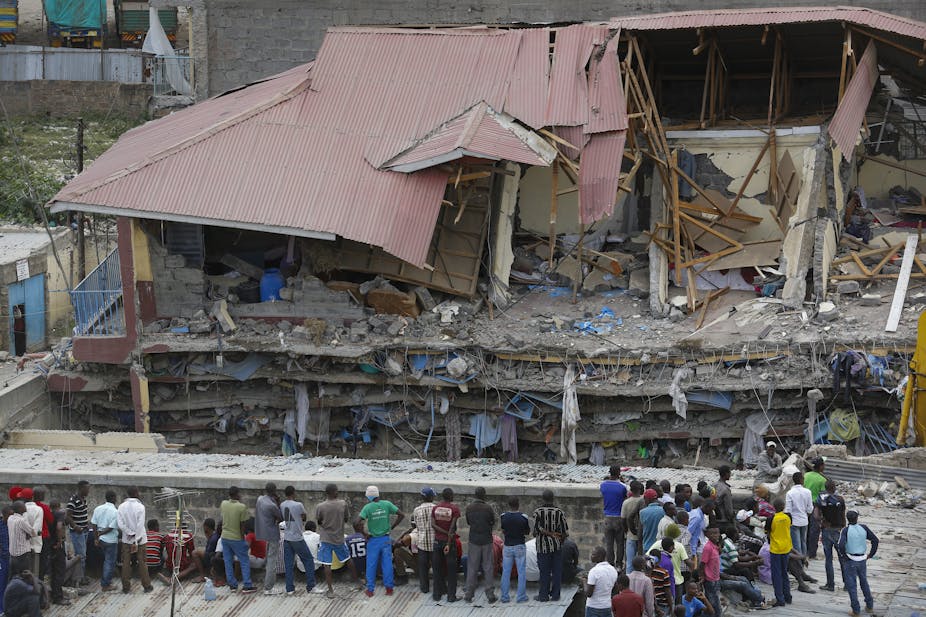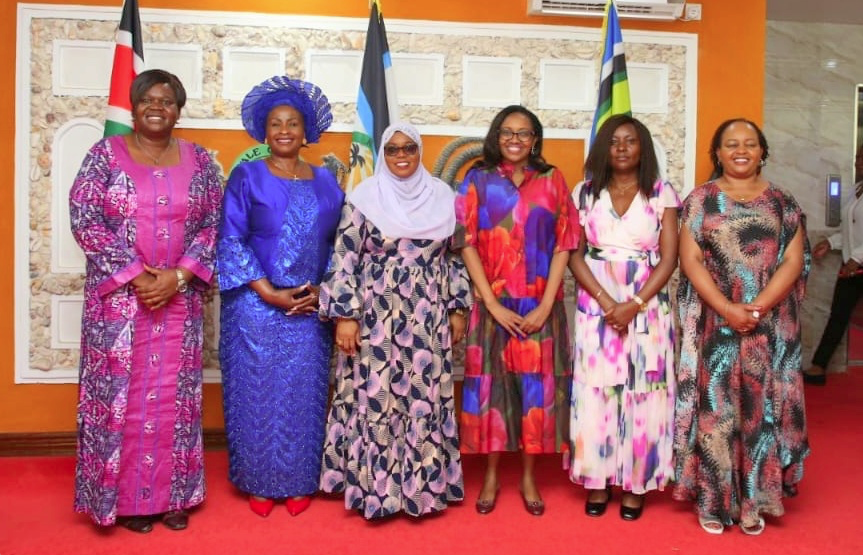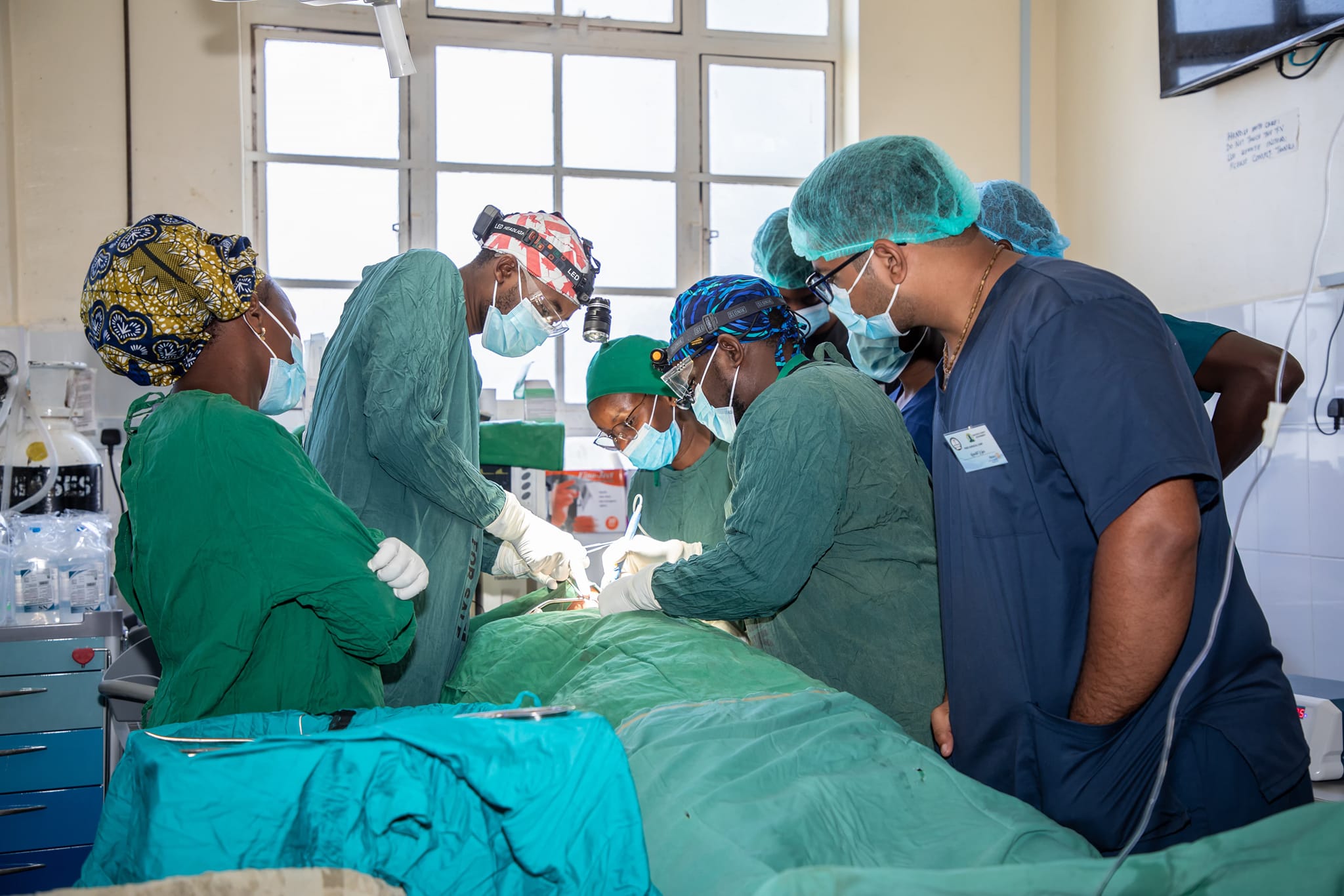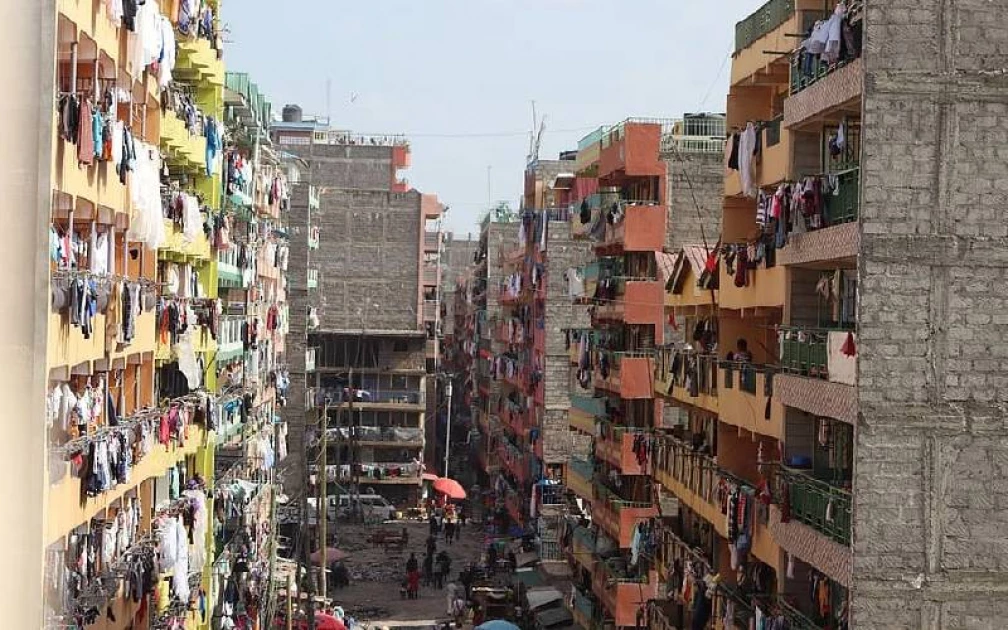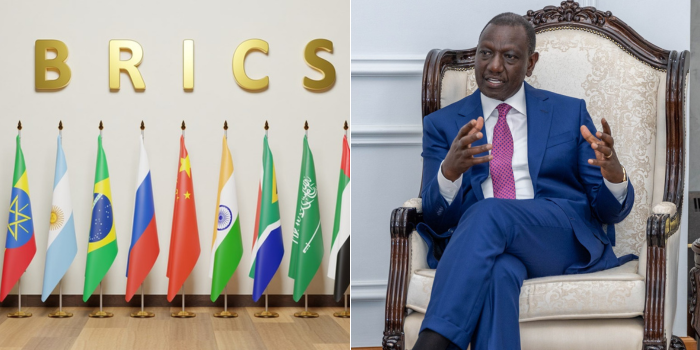Kisii NGAAF Scandal: Fake Groups, Missing Millions, and a Web of Corruption
Exposing Kisii NGAAF corruption: Fake beneficiaries, misused funds, and rapid wealth accumulation. Discover how this scandal impacts community initiatives.
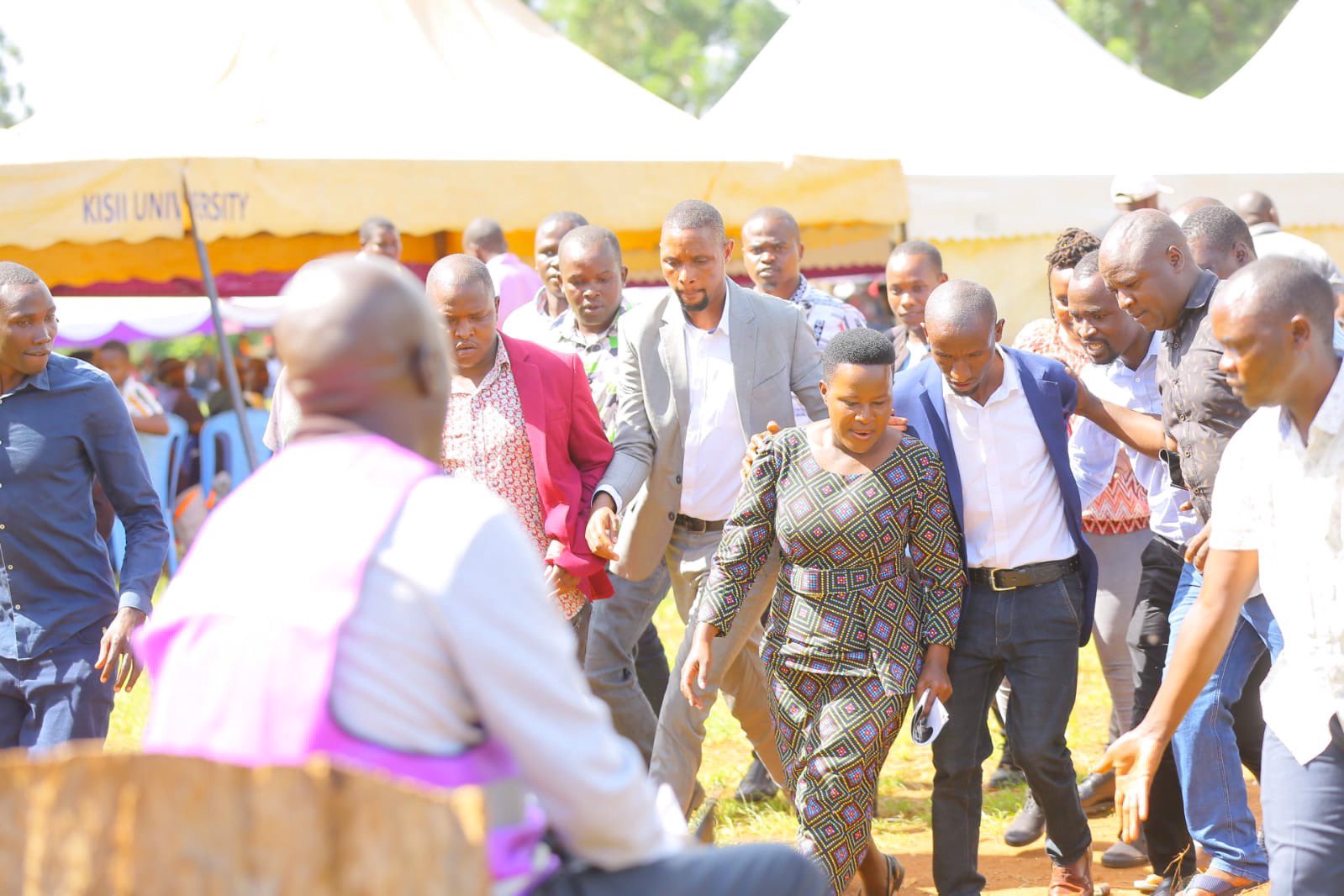
The National Government Affirmative Action Fund (NGAAF) in Kisii County is at the center of a shocking corruption scandal, threatening its mandate to empower vulnerable groups like women, youth, and persons with disabilities (PWDs). Allegations of financial mismanagement and misuse of funds have exposed a deeply flawed system, leaving critical community development initiatives in shambles.
Recent investigations into the NGAAF 2023/2024 financial year records have uncovered a fabricated list of 66 groups purportedly funded under the Women Economic Empowerment (WEE) program. The groups, drawn from all 11 sub-counties, were supposedly categorized as Women’s Groups, Youth Groups, SACCOs, and PWD Self-Help Groups.
Shockingly, the names, roles, and contact details of officials listed in the documents were found to be fake. Unwitting individuals were registered without their knowledge, raising serious ethical and legal concerns. While Ksh 19.7 million was reportedly disbursed to these groups—ranging from Ksh 100,000 to Ksh 495,000 per group—none of the legitimate officials or purported beneficiaries confirmed receiving any funds.
Payment records implicate NGAAF Coordinator Timothy Nyandusi and Liaison Officer Eric Oigo in signing off on cheques, which were later collected using forged signatures. These funds were allegedly diverted for personal luxuries, including the purchase of a Toyota Hilux and a Probox, worth over Ksh 5 million, as well as the development of a multi-million estate in Bonchari.
Projects such as anti-jigger campaigns, tree planting initiatives, civic education programs, and girl-child empowerment drives, all valued at millions, remain unimplemented, despite official records indicating they were fully funded.
Instead of initiating investigations, NGAAF officials implicated in the scandal have been transferred to other regions. Coordinator Nyandusi’s reassignment to Kisumu County has particularly fueled public outrage, with many suspecting a deliberate cover-up to shield those involved in the mismanagement.
The scandal has also put Kisii Woman Representative and NGAAF Patron Dorice Donya Aburi in the spotlight. During her short tenure, she has reportedly amassed significant wealth, raising eyebrows among Kisii residents. Photos and videos circulating online reveal an opulent mansion under construction in Riana Ward, complete with state-of-the-art amenities.
The rapid pace of this development has led to widespread speculation about the source of her wealth, especially given the incomplete state of key NGAAF projects under her watch. Public trust in her leadership has been further eroded by her perceived silence on the unfolding scandal.
The Kisii NGAAF scandal raises critical questions: Why were irregularities in financial audits ignored? How did senior officials accumulate such immense wealth within a short period? What mechanisms will be implemented to restore accountability in NGAAF operations?
What's Your Reaction?







